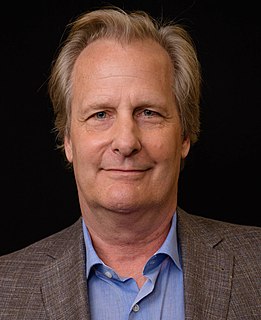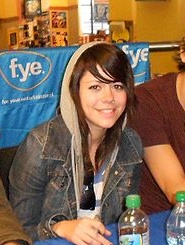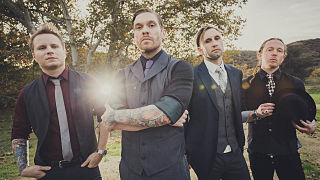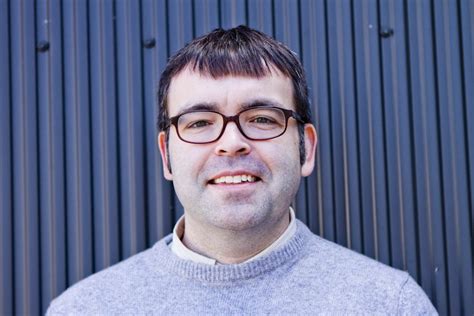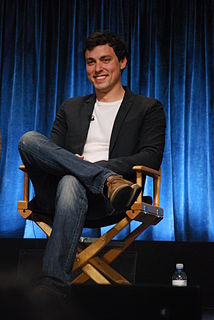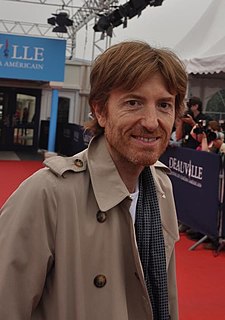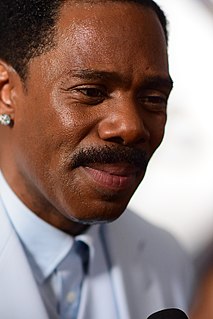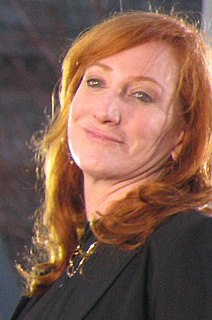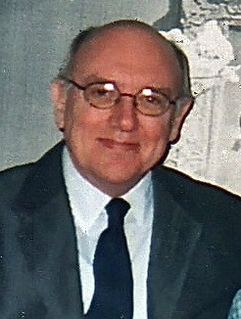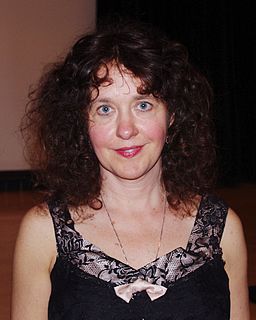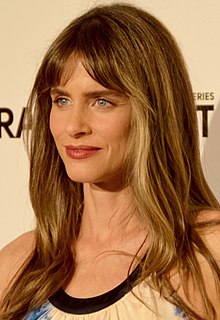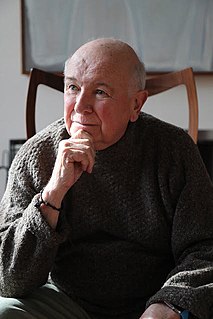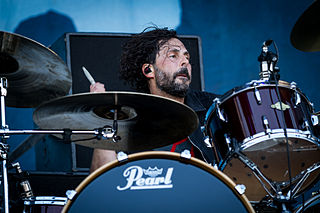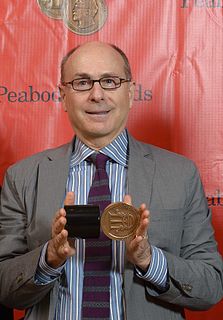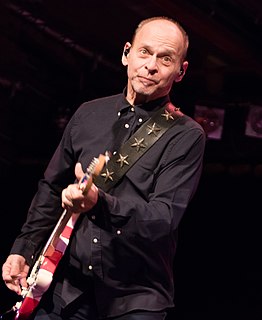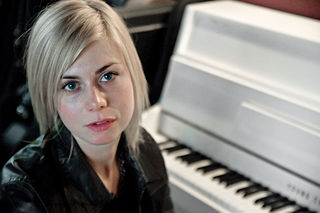Top 1200 Play Writing Quotes & Sayings - Page 2
Explore popular Play Writing quotes.
Last updated on April 16, 2025.
That's one thing brands are understanding is, I'm the blogger who's not writing about fashion. I'm not writing about beauty. I'm not writing about gossip. I'm not writing about politics. I'm writing about all of that. I'm the person they can come to if they just want to reach people who care and have their fingers on pop culture.
I think that if you listen to the same exact genre of music that you play, it is so easy to be influenced by it. There will be times where we are writing a song, and then realize that it songs like something we just heard on the radio. There was a while when we were writing, that I didn't listen to music because I didn't want to be influenced.
I have a hard time writing. Most writers have a hard time writing. I have a harder time than most because I'm lazier than most. [...] The other problem I have is fear of writing. The act of writing puts you in confrontation with yourself, which is why I think writers assiduously avoid writing. [...] Not writing is more of a psychological problem than a writing problem. All the time I'm not writing I feel like a criminal. [...] It's horrible to feel felonious every second of the day. Especially when it goes on for years. It's much more relaxing actually to work.
I don't play a lot of instruments so when it comes to the song writing process I don't have a lot to do with that. A lot of times it's just acoustic guitar and a small riff that produces a song. Ultimately you want to write a song that people are going to enjoy and that you love to play, most importantly you have to write it for yourself first.
The title's so upfront. It gives fair warning about the play's content. I'm writing about a kind of disenchantment, an anger, but quite a cool 90's anger, at a time when we're not very good at openly being angry. . . . I don't think I ever thought the title was titillating. I thought it was incredibly catchy. If the play is about the reduction in human relations down to a consumerist rationale, then thematically, the title is entirely linked into the thesis of the play.
What happens in a play is determined to a certain extent by what I thought might be interesting to have happen before I invented the characters, before they started taking over what happened, because they are three-dimensional individuals, and I cannot tell them what to do. Once I give them their identity and their nature, they start writing the play.
I think writing and singing go together, but I treat them as two separate careers because I write for others. If I'm writing for myself, I prefer to be with the producer. And then we can vibe out and throw ideas back and forth, and I'll basically let the producer play me a bunch of beats until I vibe with one.
Ever since I was 7 years old, I was writing. I remember being in the basement of my house, this dank, horrible basement, putting on plays with not-very-willing participants, and I would promise kids in the neighborhood that I'd play Nintendo 64 with them after we'd rehearse this stupid play that I wrote.
The creative part, with the writing of it and the vision, and finding the voice of a show and the characters, is much harder to teach somebody. It's like music. You can either play it or you can't. If you can't play music and you really struggle and work hard, you can learn, but you have to have some inner gift to take it to the next level.
You honor your writing space by recovering, if you are an addict. You honor your writing space by becoming an anxiety expert, a real pro at mindfulness and personal calming. You honor your writing space by affirming that you matter, that your writing life matters, and that your current writing project matters. You honor your writing space by entering it with this mantra: “I am ready to work.” You enter, grow quiet, and vanish into your writing.
My father's father wrote for a Philadelphia newspaper and aspired to be a playwright. We had in our house a couple of crazy unproduced plays that he had written. For the one creative writing class I took in my life, I didn't do any writing - I decided that I would plagiarize his terrible play to not fail the class.
I am writing a play which I probably will not finish until the end of November. I am writing it with considerable pleasure, though I sin frightfully against the conventions of the stage. It is a comedy with three female parts, six male, four acts, a landscape (view of the lake), lots of talk on literature, little action and tons of love.
If you are making money writing, you are doing great. If you can support yourself writing, you are a success. I don't care if you're writing textbooks or Pulitzer Prize-winning articles for weighty publications of world renown: If you're writing and it's paying the bills, consider yourself a successful writer.
On the craft level, writing for children is not so different from writing for adults. You still have to have a story that moves forward. You still have to have the tools of the trade down. The difference arises in the knowledge of who you're writing for. This isn't necessary true of writing for adults.
Writing is really just a matter of writing a lot, writing consistently and having faith that you'll continue to get better and better. Sometimes, people think that if they don't display great talent and have some success right away, they won't succeed. But writing is about struggling through and learning and finding out what it is about writing itself that you really love.
Plays are literature: the word, the idea. Film is much more like the form in which we dream - in action and images (Television is furniture). I think a great play can only be a play. It fits the stage better than it fits the screen. Some stories insist on being film, can't be contained on stage. In the end, all writing serves to answer the same question: Why are we alive? And the form the question takes - play, film, novel - is dictated, I suppose, by whether its story is driven by character or place.
If you have to find devices to coax yourself to stay focused on writing, perhaps you should not be writing what you're writing. And if this lack of motivation is a constant problem, perhaps writing is not your forte. I mean, what is the problem? If writing bores you, that is pretty fatal. If that is not the case, but you find that it is hard going and it just doesn't flow, well, what did you expect? It is work; art is work.
Writing for adults and writing for young people is really not that different. As a reporter, I have always tried to write as clearly and simply as possible. I like clean, unadorned writing. So writing for a younger audience was largely an exercise in making my prose even more clear and direct, and in avoiding complicated digressions.
One strange quality of writing about political campaigns is that it's a little like writing about a baseball game inning by inning. We presume we can say something about the final result from the state of play a third of the way through. You can when a game is a colossal blowout, but you can't when it's close.



